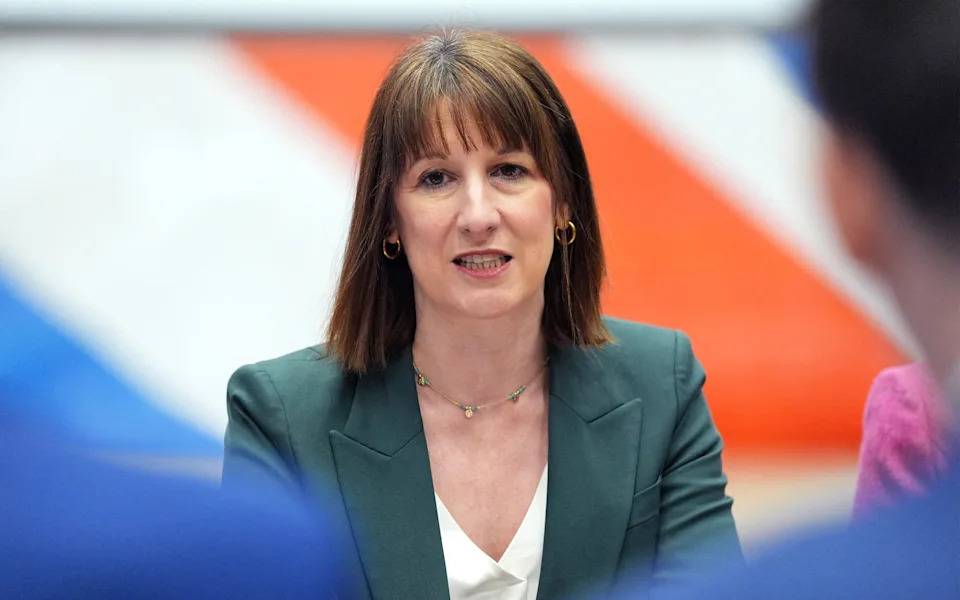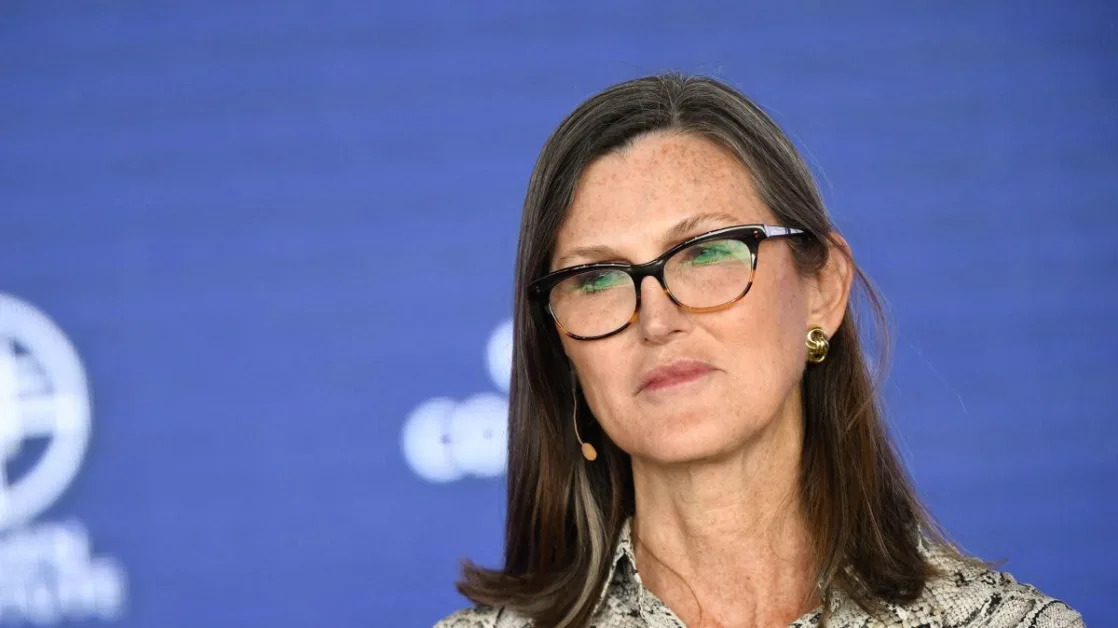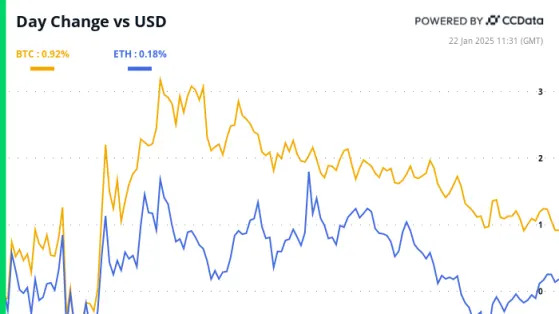
Inflation eased back last month, paving the way for interest rate cuts as economists said “Storm Donald” would limit price rises but hurt growth.
The Chancellor welcomed the drop in inflation to 2.6pc from 2.8pc but warned that Donald Trump’s trade war had left UK households facing “an anxious time because of a changing world”.
Economists also said the boost was likely to be short-lived, describing the figures as the “calm before the storm” of escalating trade tensions and a slew of higher taxes and bills from the beginning of April .
Prices, as measured by the consumer prices index (CPI), rose by 2.6pc in the year to March, according to the Office for National Statistics (ONS), down from 2.8pc in February.
The drop is more than analysts’ expectations of a fall to 2.7pc.
Statisticians said the fall was driven by a drop in petrol and diesel prices, as escalating trade tensions pushed down expectations for global growth.
The price of a litre of petrol fell by 1.6p per litre last month to just over £1.37, down from just under £1.45 in March 2024. Diesel prices also fell by 1.6p per litre to £1.45 pence per litre last month.
Grant Fitzner, the ONS’s chief economist, said: “Inflation eased again in March, driven by a variety of factors including falling fuel prices and unchanged food costs compared with the price rises we saw this time last year.
“The only significant offset came from the price of clothes, which rose strongly this month, following the unusual decrease in February.”
‘Calm before the storm’
The Bank of England is expected to cut interest rates to 4.25pc next month from 4.5pc in a boost for households, as mortgage costs continue to fall. Santander launched two and five-year fixed rate mortgage deals below 4pc this week.
Policymakers still expect prices to rise further in the second half of the year against a backdrop of higher taxes and energy prices as well as net zero packaging costs that producers warn will add to price rises.
Water bills rose by as much as 47pc this month, with households in England as much as £225 a year worse off after the increase.
The energy price cap also rose by 6pc to £1,849 a year for a typical household in April.
Michael Saunders, an adviser at Oxford Economics and a former rate-setter at the Bank, described the figures as “the calm before the storm” as he predicted inflation would rise above 3.1pc next month.
This would trigger a letter from Andrew Bailey to the Chancellor to explain the increase. The Bank currently expects inflation to peak at almost 4pc in the second half of the year, almost twice its target.
However, he warned that “Storm Donald” could actually bring a wave of falling prices, which could benefit consumers but hurt businesses unable to compete with cheap goods from China being diverted into the UK.
Mr Saunders told the BBC: “Inflation is a little lower than expected, but this is very much the calm before the storm. In the April figures, which will come out next month, we’ll see increases in gas prices, electricity prices and water charges that are likely to lift inflation above 3pc while reducing consumer spending power.”
Mr Saunders said increased to the minimum wage and National Insurance were already starting to impact the economy by adding to costs and pushing up prices.
He added: “We’ll start to see the effects on the economy of storm Donald with the Trump trade wars, which are likely to hit exports and investment in the UK and around the world, and we may get a diversion of cheap exports which might have otherwise gone to the US will start to come to Europe and the UK.
“I think the overall effect of that is inflation will be higher in the next few months – perhaps not as high as the Bank of England would fear a few months ago – where the economy will be weaker, with exports, investment and consumer spending all hit, and unemployment starting to rise.”
Economists have been pricing in lower borrowing costs as a result of Mr Trump’s trade war, which some believe could trigger a global recession.
The Chancellor welcomed the figures: “Inflation falling for two months in a row, wages growing faster than prices and positive growth figures are encouraging signs that our Plan for Change is working, but there is more to be done.”
Broaden your horizons with award-winning British journalism. Try The Telegraph free for 1 month with unlimited access to our award-winning website, exclusive app, money-saving offers and more.




